Search
Search Results
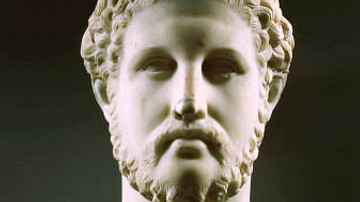
Definition
Philip II of Macedon
Although he is often only remembered for being the father of Alexander the Great, Philip II of Macedon (reigned 359 BCE - 336 BCE) was an accomplished king and military commander in his own right, setting the stage for his son's victory over...
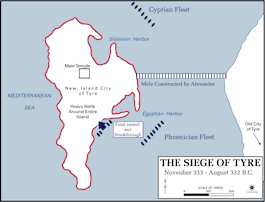
Article
Alexander's Siege of Tyre, 332 BCE
After defeating Darius III at the battle of Issus in November 333 BCE, Alexander marched his army (about 35,000-40,000 strong) into Phoenicia, where he received the capitulation of Byblus and Sidon. Tyrian envoys met with Alexander whilst...
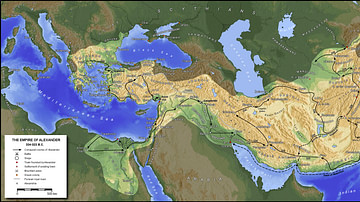
Article
Cultural links between India & the Greco-Roman world
Cyrus the Great (558-530 BCE) built the first universal empire, stretching from Greece to the Indus River. This was the famous Achaemenid Dynasty of Persia. An inscription at Naqsh-i-Rustam, the tomb of his able successor Darius I (521-486...
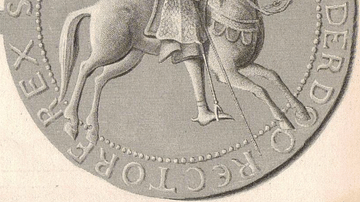
Definition
Alexander I of Scotland
Alexander I of Scotland reigned from 1107 to 1124 CE. Alexander continued the reorganisation of the Scottish Church, taking the Roman Catholic Church organisation as a model, and he famously founded the priory at Scone, site of the acclamation...
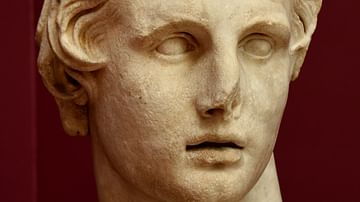
Article
The Hyphasis Mutiny
The so-called Hyphasis Mutiny was a conflict between Alexander the Great (356-323 BCE) and his army following their victory at the river Hydaspes in 326 BCE. Alexander voiced plans for further conquests in the Indian subcontinent, however...
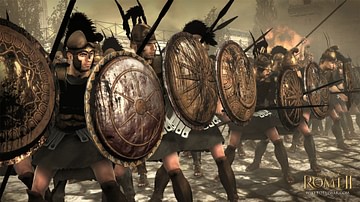
Article
The Battle of Gaugamela, 331 BCE
After securing the eastern Mediterranean seaboard and Egypt, Alexander the Great pushed east into Mesopotamia with the intention of bringing Darius to battle. After crossing the Euphrates River unopposed, he marched his army eastward along...
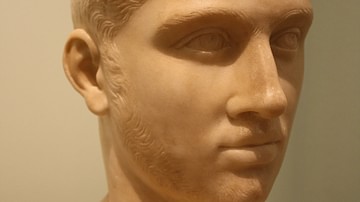
Definition
Alexander Severus
Alexander Severus served as the Roman emperor from 222 CE until his untimely death in 235 CE. At the urging of his mother, aunt, and grandmother, Emperor Elagabalus named his cousin Alexianus (the future Alexander Severus) as his heir in...

Interview
Interview: Jeanne Reames on Dancing with the Lion
Dr. Jeanne Reames' Dancing with the Lion: Becoming and Dancing with the Lion: Rise follow an epic tale of Alexander before he was “The Great.” In this interview, Dylan Campbell inquires about her passion for history and the development...

Definition
Battle of Chaeronea
The Battle of Chaeronea took place in 338 BCE on an early August morning outside the town of Chaeronea. Although for centuries the cities of Athens and Sparta dominated Greece, politically, militarily and economically, the Battle of Chaeronea...

Definition
Stone of Scone
The Stone of Scone (Gaelic: Lia Fail), also known as the Stone of Destiny or Coronation Stone, is a block of sandstone associated with the coronation ceremonies of the medieval monarchs of Scotland. These ceremonies were held at Scone, a...